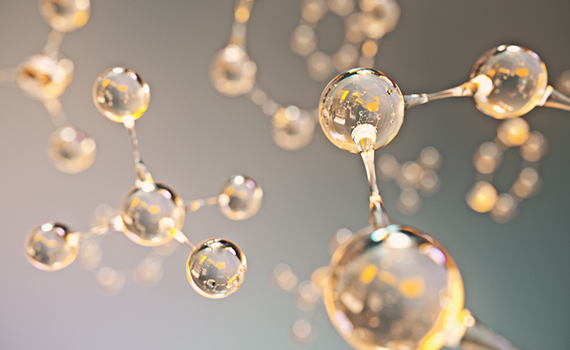NEWS
Plastic glass - for flexible screens of smartphones and other gadgets created

Physicists from the University of Tampere have created thin films of glassy alumina that can be compressed, stretched and bent. In the future, this will create durable and flexible screens for smartphones. However, the authors of the study note that in its current form, the method cannot be used to create large-scale products.
In the last year, smartphone manufacturers are increasingly introducing devices with a flexible screen - now they use polymer glass, the molecules of which are loosely coupled to each other. On the one hand, it is durable, easily bends and contracts, on the other hand, scratches quickly appear on it. In ordinary, mineral glass, in contrast, silica molecules are firmly bonded to each other. Such glass is hard, but cannot be deformed - bend or shrink - without cracks.
Researchers have found a way to combine hardness and strength in one material, hightech.fm reports. They created glass from amorphous alumina. During testing, it turned out that such a material is capable of stretching and contracting plastic without cracking if it was initially free from defects.
The production of such glass is a time-consuming and expensive process, so while the technology exists only in the laboratory. In the future, researchers intend to find a way to simplify and reduce the cost of its production.



